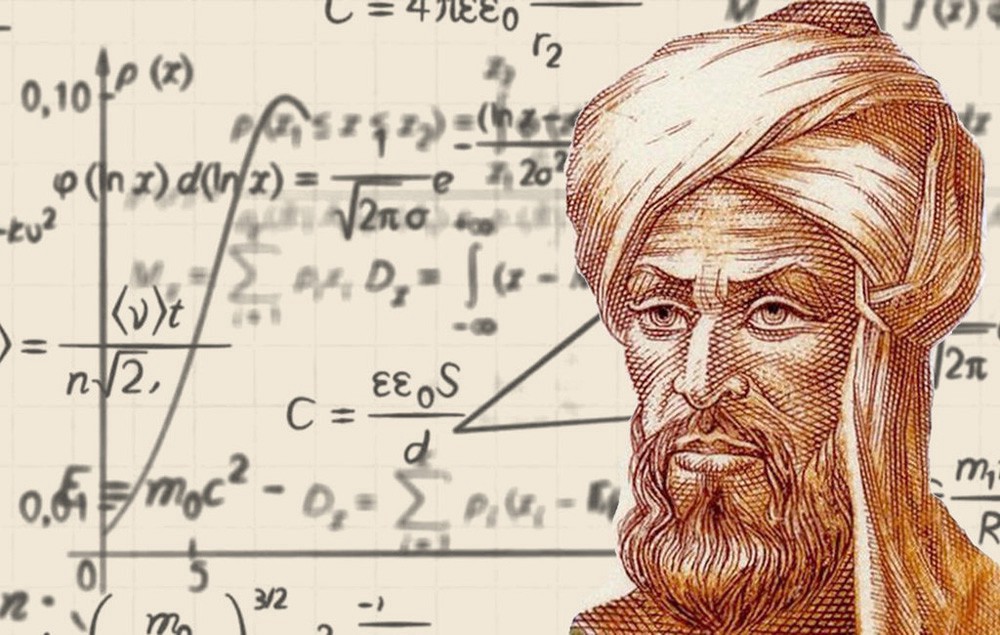African Contributions to Science and Mathematics
African Contributions to Science and Mathematics: Illuminating Intellectual Brilliance
Africa has a long and rich history of intellectual contributions, with African scholars making remarkable advancements in fields such as science, mathematics, medicine, and engineering. From the ancient civilization of Egypt to the medieval Islamic empires of North Africa, African scholars have left an indelible mark on the world's intellectual heritage. In this article, we will highlight some of the key African figures who have made significant contributions in these fields, showcasing their intellectual brilliance and enduring legacies.
Imhotep: The Polymath of Ancient Egypt
Imhotep, an ancient Egyptian scholar, is renowned as one of the earliest known scientists in history. He lived during the 27th century BCE and served as the vizier and chief architect to Pharaoh Djoser during the Third Dynasty of Egypt. Imhotep's expertise spanned various disciplines, including architecture, medicine, engineering, and astronomy.
As an architect, Imhotep designed the iconic Step Pyramid at Saqqara, considered the earliest colossal stone structure and a precursor to the later pyramids. He revolutionized Egyptian architecture by introducing innovative building techniques, such as the use of dressed stone blocks and creating the first known monumental stone structure.
Imhotep's contributions to medicine were equally significant. He is believed to be the author of the Edwin Smith Papyrus, a medical text that describes surgical techniques and treatments for various ailments. This ancient document demonstrates Imhotep's understanding of anatomy, medical practices, and his innovative approach to healthcare in ancient Egypt.
Al-Jazari: Engineering Ingenuity in Medieval Africa
Moving to medieval Africa, we encounter the ingenious figure of Al-Jazari, a 12th-century polymath born in what is now modern-day Iraq but who worked in the city of Diyarbakir in present-day Turkey. Although Al-Jazari was not of African descent, his influence and contributions to science and engineering greatly impacted North Africa and the Islamic world as a whole.
Al-Jazari is most renowned for his book "The Book of Knowledge of Ingenious Mechanical Devices." This seminal work describes numerous mechanical inventions and engineering marvels, including water clocks, automata, fountains, and machines for various industrial purposes. His intricate designs and innovative mechanisms showcased his deep understanding of mechanics and engineering principles.
While Al-Jazari himself was not African, his work became influential in the medieval Islamic empires of North Africa, where his designs were studied, replicated, and further developed. His engineering advancements contributed to the development of water management systems, irrigation technologies, and industrial machinery, fostering agricultural and economic prosperity in the region.
Ahmad Baba: A Scholar of Renaissance Timbuktu
During the 16th century, the city of Timbuktu in present-day Mali emerged as a renowned center of learning and scholarship. One of the notable figures of this intellectual hub was Ahmad Baba al-Massufi, commonly known as Ahmad Baba. He was a distinguished scholar, theologian, and writer who made significant contributions to the fields of Islamic studies, law, and history.
Ahmad Baba authored numerous works, including treatises on Islamic jurisprudence, religious ethics, and biographies of notable figures. His writings provided valuable insights into Islamic scholarship and the social, cultural, and political history of West Africa.
Ahmad Baba's impact extended beyond his scholarly writings. He played a crucial role in preserving Timbuktu's intellectual heritage, amassing a vast library collection that included manuscripts from across the Islamic world. His efforts to preserve and disseminate knowledge ensured the endurance of Timbuktu as a center of learning and intellectual exchange.
African Intellectual Legacy: Past, Present, and Future
These notable figures represent just a fraction of the immense intellectual contributions made by African scholars throughout history. From Imhotep's architectural and medical innovations in ancient Egypt to Al-Jazari's engineering prowess and Ahmad Baba's scholarly achievements in medieval Africa, these individuals exemplify the intellectual brilliance and curiosity that has always permeated the African intellectual tradition.
Today, Africa continues to foster scientific advancements and technological innovations. African scientists, researchers, and engineers are making significant contributions in various fields, including medicine, renewable energy, space exploration, and information technology. Their work is shaping the continent's development, addressing pressing challenges, and making a global impact.
By acknowledging and celebrating the contributions of African scholars in science, mathematics, medicine, and engineering, we honor the intellectual legacy of the continent and inspire future generations to pursue knowledge, innovation, and excellence. Africa's intellectual brilliance is a testament to its immense potential, and as we embrace and support African contributions to these fields, we foster a brighter future for both the continent and the world at large.



Comments
Post a Comment